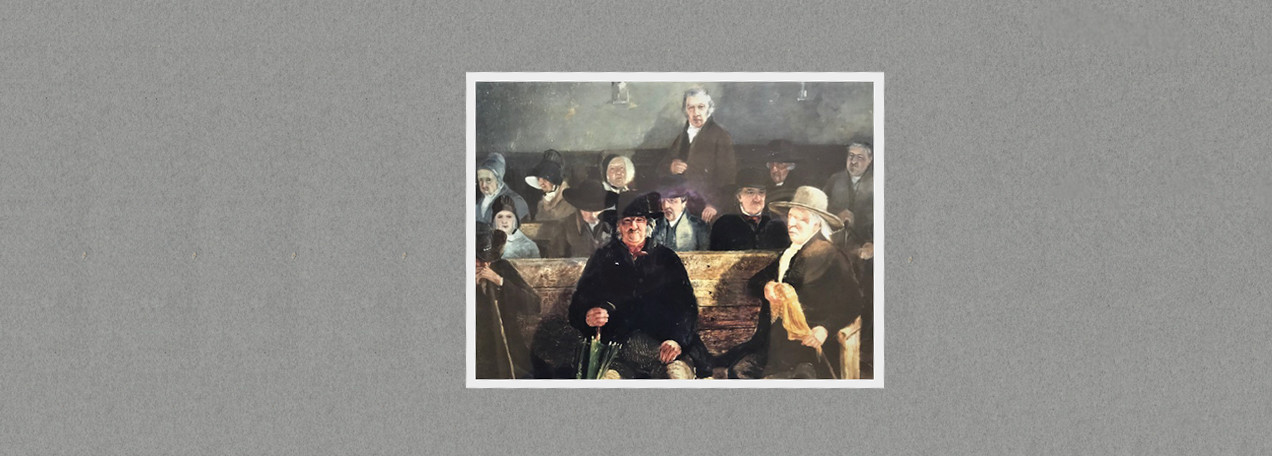


The Friends Historical Society was formed in 1903. The preface to the first issue of the Journal of the Friends Historical Society included the following statement
“The purpose of the Historical Society is promoting research in a field hitherto but imperfectly worked and to make available historical information much of it curious and some of it of value, to the public.
It is believed that the Historical Society may have a useful service promoting the care and preservation of documents which are apt to gather dust and become forgotten unless they are under the eye of custodians possessing some antiquarian taste.”
Meeting for Sufferings (the representative council of the Society of Friends) passed the following minute in September 1903. ‘The annexed circular is received announcing the formation of a Friends Historical Society. This Meeting approves of the step and encourages Friends to support the Society.’
Howard Gregg
Clerk
Completed a master's thesis on the Quaker contribution to the nineteenth century Irish question. Has been editor of the Journal and Supplements.
Chris Skidmore
Treasurer
Has an interest in the role of conflict in Quaker history as well as Quaker architectural history. Historic England published his book 'Quakers and their Meeting Houses' in 2021.
Catie Gill
Editor of the Journal
An independent scholar whose main areas of interest are seventeenth-century radicalism, religious communities, and life writings.
Erin Bell
Membership Secretary
Member of Lincolnshire Area Meeting and works at the University of Lincoln. Her research includes early Quakers in the North-east of England, anti-Quakerism, and anti-Semitism in the C17th to C19th, and the representation of the past on television, with particular attention to the types of histories which rarely appear.
Richard Allen
Visiting Fellow at Newcastle University and former Fulbright Professor in Missouri. He has published extensively and has a particular interest in Quaker migration. He co-edited 'The Quakers, 1656 to 1723: The Evolution of an Alternative Community'.
Kathie McLelland
Kathie McLelland is a member of Keighley Local Meeting and is working with the Centre for Research in Quaker Studies on a PhD thesis exploring the shifting identities of both Keighley, as a town, and its Quaker meeting 1780-c.1890
Glyn Hughes
Collections and Exhibitions Manager at the National Civil War Centre